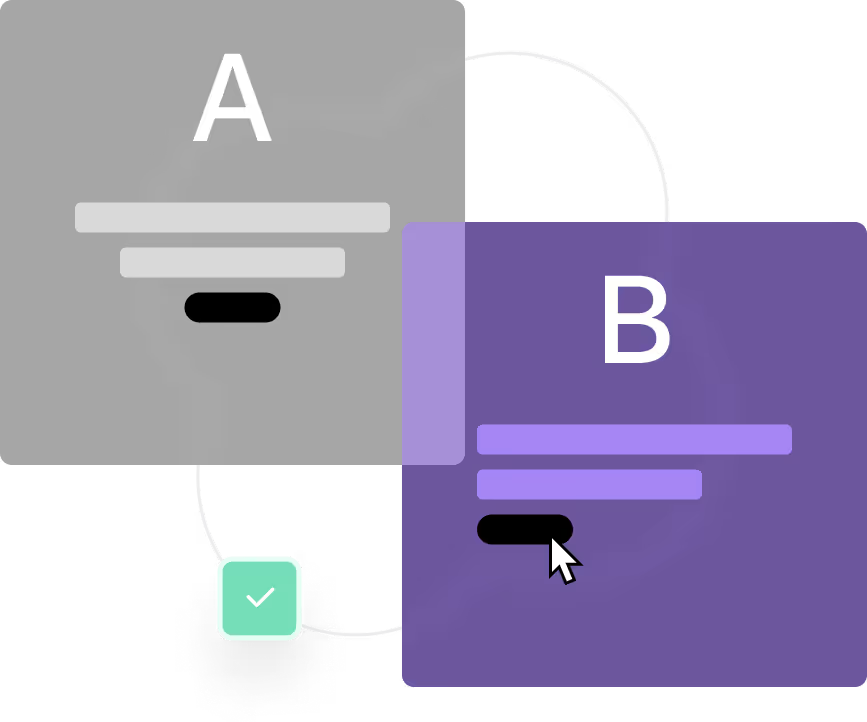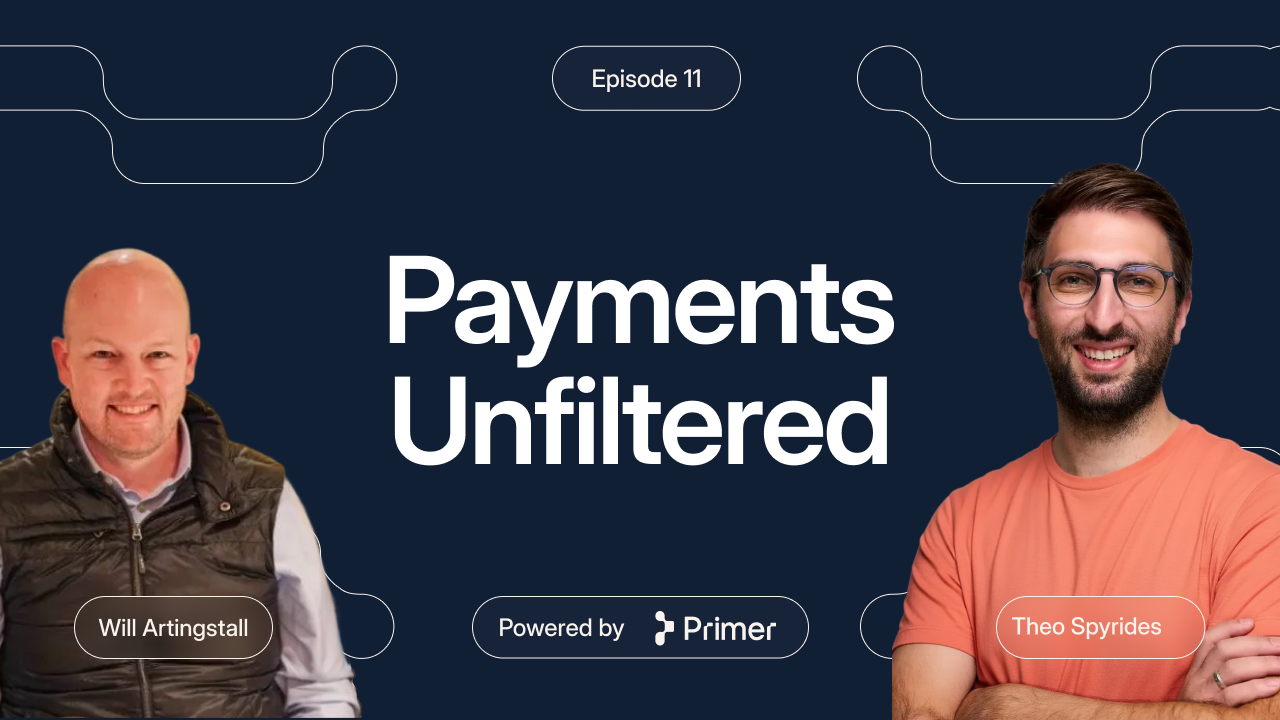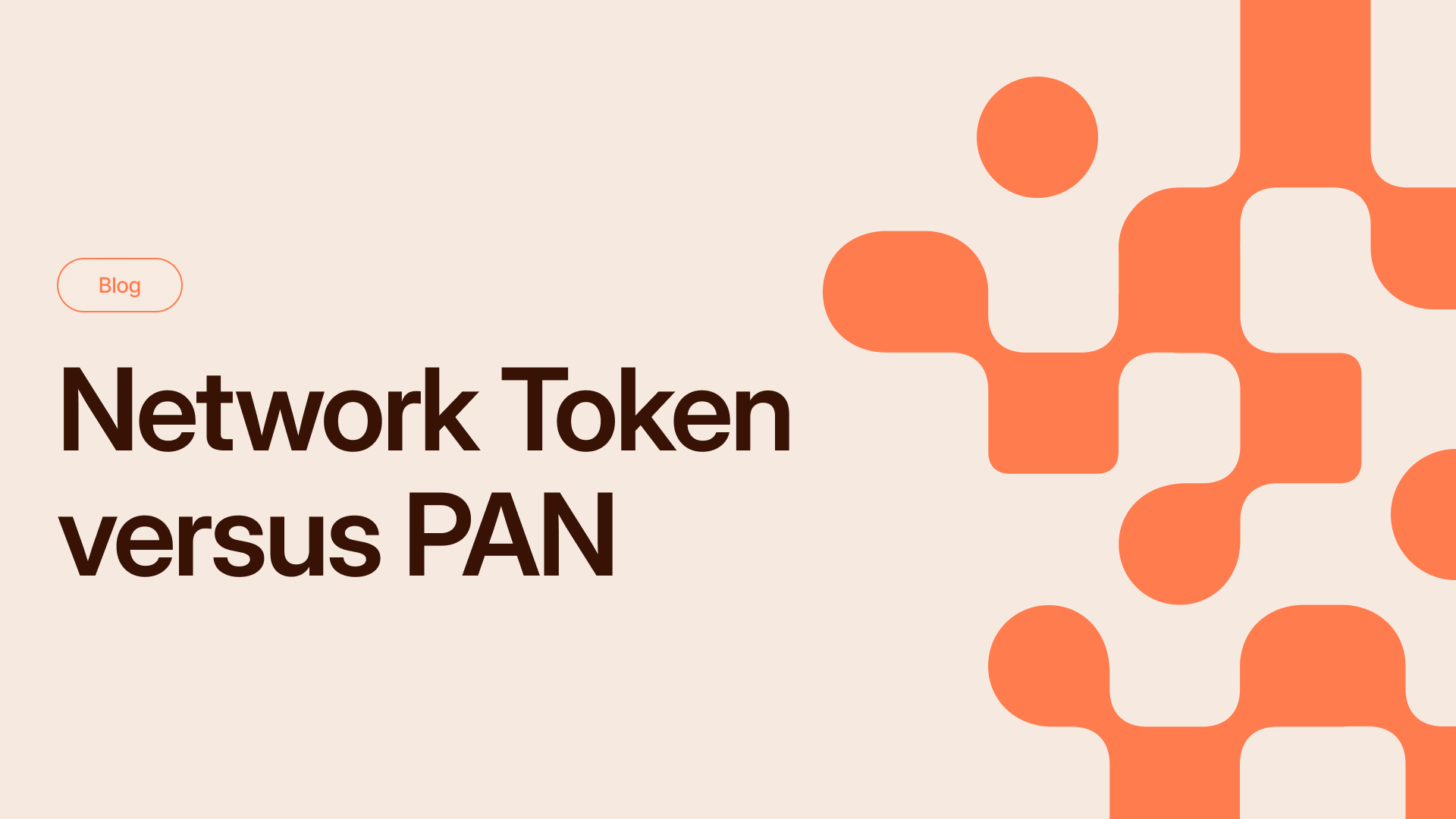A seamless checkout experience is no longer a perk; it's an expectation. Our research finds that a long and confusing checkout frustrates customers and accounts for 15% of all abandoned carts.
The bottom line: Consumers crave frictionless, fast, secure, and frustration-free transactions.
So, how do businesses deliver this experience?
Enter credit card vaulting.
You may be looking into credit card vaults for a few reasons:
- You’re looking for a more secure way of storing customers’ credit card details to avoid any leaks in the event of a breach.
- You work for a subscription-based business and want to automate recurring card payments more easily.
- You’re looking for ways to improve your checkout experience without requiring customers to re-enter payment information.
Read on to learn more about:
- What is a credit card vault, and what are its benefits?
- What are the additional benefits of a credit card vault?
- Should you store cards internally or use a third-party vault?
- Why use Primer’s credit card vault to store card details
Note: Looking to get started with a credit card vault right away? Reach out to our payment experts to learn how Primer can help you.
What is a credit card vault and how does it work?
A credit card vault is a database that securely stores customer card information, including the PAN, cardholder name, and expiration date.
It protects this data not by keeping it under lock and key but by tokenizing the card details. Basically, they are replaced with a string of randomly generated numbers that are indecipherable.
So, if any nefarious actor breaches the vault, what they find will be useless to them.

What are the additional benefits of a credit card vault?
The core functionality of a credit card vault is to securely store customer card details. However, using a vault to save and store customer card details can also offer additional advantages.
- Reduce your compliance burden by leveraging a credit card’s vault PCI compliance
Data security standards are the bedrock of secure payment processing, and compliance with PCI-DSS (short for Payment Card Industry Data Security Standard) is at the core. However, complying with PCI-DSS is costly and arduous, so many merchants decide to use a third-party vault, which allows them to offload the compliance burden.
- Deliver a streamlined checkout and achieve higher conversion rates
Today’s customers prioritize convenience, and lengthy checkout processes can significantly impact your revenue. By saving card details in a vault, merchants eliminate the need for customers to re-enter their payment information. This results in a faster and more convenient checkout process that’s proven to boost customer satisfaction and encourage repeat business.
- Simplify billing for subscription payments to encourage repeat business
With customer card details securely vaulted, they're readily accessible for future billing, eliminating the need for repetitive requests that can cause customer churn. Vaulted data streamlines recurring payments and subscriptions, enabling automated billing and reducing manual work.
- Reduce fraud and data breaches
Protecting customer data from bad actors has never been more serious with the stolen data market, a thriving underground industry. A data breach is disastrous for your customers, and your business could face chargebacks and a decimated reputation. Using credit card vault providers gives your business the best protection against data breaches.
Should you store cards internally or use a third-party vault?
Should you store credit card details internally or use a third-party vaulting service?
The answer will depend on a few factors, so here are some questions you can ask yourself to help you choose the best path for your business:
- Do you want to be PCI compliant?
Security and compliance are crucial when vaulting credit card data, as the infrastructure must meet PCI-DSS standards.
Achieving PCI-DSS compliance can be complex and expensive, requiring substantial initial and ongoing investments in security infrastructure and expertise. Violations of PCI-DSS compliance can result in severe consequences, including hefty fines and bans on accepting credit cards. Therefore, compliance is not a one-time task but an ongoing responsibility.
Third-party vaulting services offer a solution, as they are typically PCI-DSS compliant and provide robust security measures such as encryption, tokenization, and regular audits. Outsourcing your credit card vaulting can significantly reduce your PCI compliance burden, allowing you to focus on growing your business.
- Are you looking to keep costs low?
Building your own vault with the required security infrastructure involves significant upfront costs. The investment extends beyond setup and maintenance, as you'll also need to conduct regular compliance audits and stay vigilant for emerging security vulnerabilities.
Moreover, you must account for the ongoing expense of hiring specialized personnel to manage your vault's security, maintain compliance, and address technical issues. These costs can quickly add up.
Want to reduce payment costs? Check out our ROI calculator.
- Do you want to be able to scale easily?
Building and developing a vault that can keep up with your business growth and emerging requirements can be very challenging. In contrast, third-party services scale seamlessly to handle increasing transaction volumes and customer bases, eliminating this concern.
Additionally, these services are designed to be flexible, accommodating new payment methods and facilitating market expansion—crucial for businesses with ambitious growth plans.
Most importantly, third-party credit card vaulting services allow merchants to efficiently use various payment gateways without asking customers to continually re-enter their details.
- How much control do you want over the data?
For merchants prioritizing data sovereignty and privacy, building their own vault offers complete control over customer data. However, this comes with increased exposure to security hacks and data breaches.
Credit card vaulting services give you access to your customer's data without the high stakes of handling highly sensitive information.
- Are you looking for external support and expertise?
Many third-party providers offer robust APIs and comprehensive support to facilitate the smooth integration of vaulting services with a merchant’s existing systems and processes. This makes getting set up pretty efficient. And how about the dedicated support and expertise offered by most external providers? Consider the value of these features and how feasible it is to nail them when building your own in-house credit card vault.
Why use Primer’s credit card vault to store card details
Primer is a Unified Payment Infrastructure provider that enables merchants to optimize payment performance, set up custom payment flows, and capture untapped revenue.
One of our features is a Level 1 PCI-compliant credit card vault storing your customers’ payment data using tokenization.
Our centralized vault solution enables you to:
- Initiate recurring payments with a saved payment method
- Offer a one-click experience for your customers at checkout
- Meet data security regulations without the burden of compliance
Here are more details about what it’s like to use Primer:
Offer a one-click experience for your customers at checkout to boost conversions
The easiest way to increase purchase conversion rates is to reduce the clicks required to checkout. But that can be difficult if you need your customers to fill in their details whenever they want to buy an item.
By vaulting cards with Primer’s centralized vault and Universal Checkout, you can enable customer checkouts with just one click.

Primer works separately from your payment processors. When customers make their first payment, their information is saved using Primer’s Drop-In Checkout or Headless Checkout and stored securely. This information is turned into a token that can be used with different payment methods, allowing one-click checkout.
Using network tokenization ensures customers can pay easily even if their cards expire or are lost. Primer Vault automatically updates card details, making sure transactions continue without problems. This reduces payment issues and helps you increase your revenue.
If you already have customer cards saved with another processor, you can move them to Primer Vault without interrupting any services.
To improve the payment experience even more, Primer’s Universal Checkout allows you to localize payments in 154 currencies and 32 languages and offer a range of local payment methods. The combination of localization and payment flexibility helps boost your conversion rates.
For example, Dabble, a betting app in Australia, was able to reach fourth place in the app store’s sports betting category within six weeks of launching in the US by leveraging these features.
As Anthony Cugnetto, Head of Product at Dabble, explains: “With a single integration, we have total control over our end-to-end payment flows. And, crucially, without utilizing developer resources, we can add new payment methods and processors, scale into new markets, and change our payment routing and logic on the fly."
Reduce PCI compliance costs and liability with Primer’s secure vaulting
Storing customer card details requires PCI-DSS Level 1 compliance. Not only is achieving this certification complex for many businesses, but it also leaves them liable for breaches that can result in large fines. With Primer, you can leverage our PCI-DSS Level 1 Service, allowing you to securely store customer payment details in our vault without needing to become certified.

Decrease the risk of fraud by 30% with network tokens
At Primer, we offer network tokenization to enhance the security and efficiency of your payment processes. Network tokens protect your customers’ payment information by replacing their card details with a unique code. This greatly reduces the risk of fraud when the card isn’t used directly.
By using a token instead of actual card data, sensitive information is kept safer. Visa research found that network tokens can reduce the chances of card-not-present transactions by 30%.
Network tokens also help prevent payment issues by automatically updating if a customer’s card expires or is replaced. This ensures payments continue smoothly without customers having to enter their details again.
With Primer’s network tokens and other security features, you protect customer data, increase payment success rates, and reduce the risk of costly data breaches and fines.
Set up custom payment workflows without code, giving you more control over your payment strategy
What if you want a certain payment method to appear only in a specific region or to use a particular acquirer—say, Adyen—for a certain type of payment card?
Setting up and maintaining even the most basic payment flow can take up a lot of engineering resources that should be focused on product development instead. Even the most basic logic to enable these flows requires
With Primer, you can use our Workflows tool to build an entire payment flow end-to-end with no code.

Using our drag-and-drop interface and condition blocks, you can easily build sophisticated payment routing rules based on over 100 conditions, including card type, customer ID, and issuer country.
You can also integrate with third parties and set a trigger to start a workflow when:
- a shipment status is updated via Shippo
- a support ticket is created through Freshdesk
- a review is submitted on TrustPilot
- a payment status is updated via the Payments app
With Primer, you can also further refine your payment strategy by:
- A/B test hypotheses and find the optimal payment routes for the best authorization rates.
- Load balance your payment processes by telling a payment flow to switch acquirer after processing a certain number of transactions.
- Enable 3D Secure dynamically in line with your risk strategy.
Learn more about workflows here: Automation Overview.
Get a deep understanding of your payment data and optimize for the best payment routes
It’s hard to properly A/B test a payment flow and set up an optimized workflow without clearly understanding what is and isn’t working across all your processors.
But checking performance manually requires going into each PSP’s portal, exporting the data, and standardizing it to get a full view, which can take up a lot of your time and resources.
With Primer’s Observability dashboard, getting the full picture from one dashboard just takes a few clicks. You can access 100+ visualizations with 30+ filters to analyze your data in any way you want.

You can break down the data based on BIN numbers, decline reasons, or even analyze your overall authorization rate for a specific processor like Paypal or Adyen. Check out the full list of filters and dimensions here: Filters and Dimensions.
Our Observability dashboard also allows you to use static and dynamic monitors, which will send you alerts when a specific threshold has been met (e.g., a specific acquirer has processed 10,000 transactions). These will allow you to stay informed of your performance and respond to changes in payment flows in real time.

Use Primer to store customer details securely and increase conversion rates
Handling customer credit card data securely and streamlining transactions are two of the biggest challenges for merchants.
Credit card vaulting addresses both these pain points while simultaneously opening growth opportunities for merchants and fostering customer confidence.
Want to learn more about how Primer can help your business? Get in touch with our payment experts.




.png)
